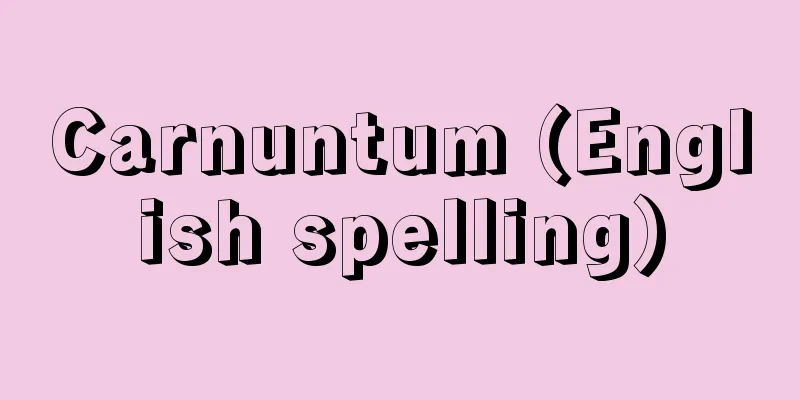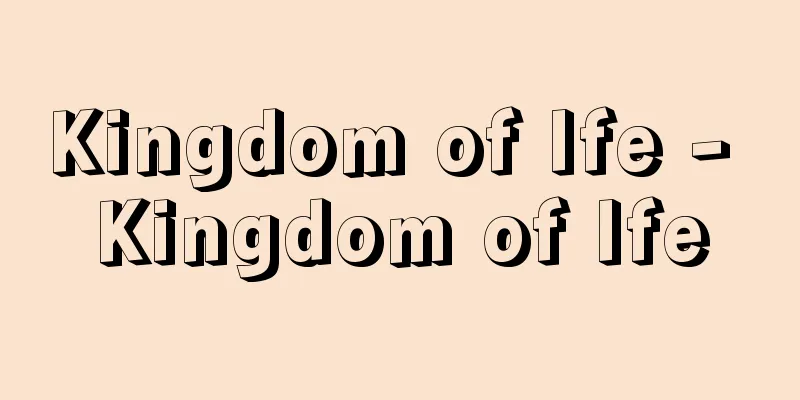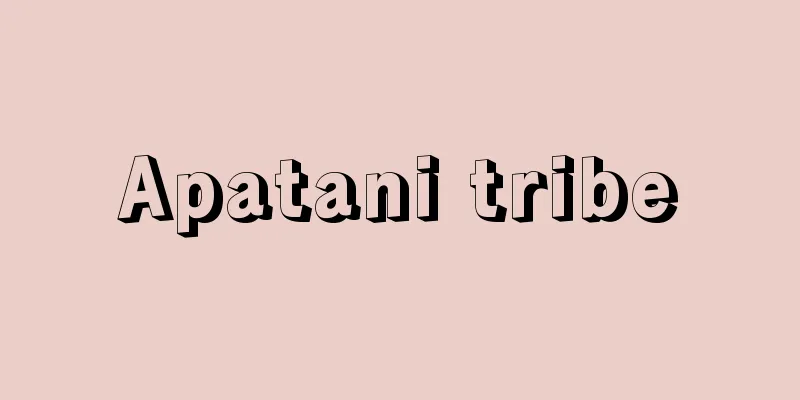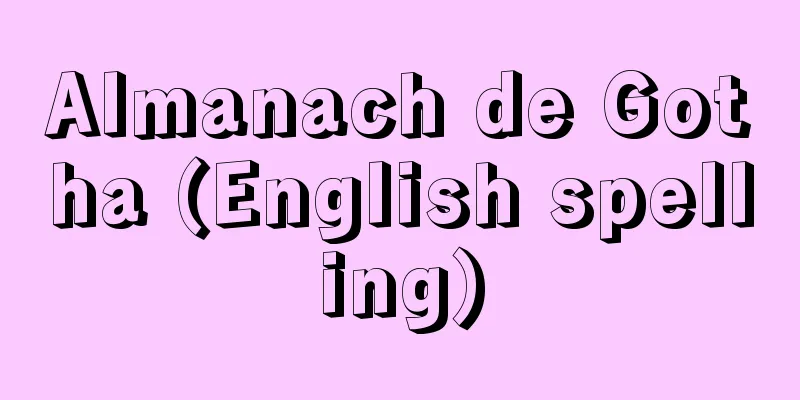Divertimento (English spelling) divertimento Italian
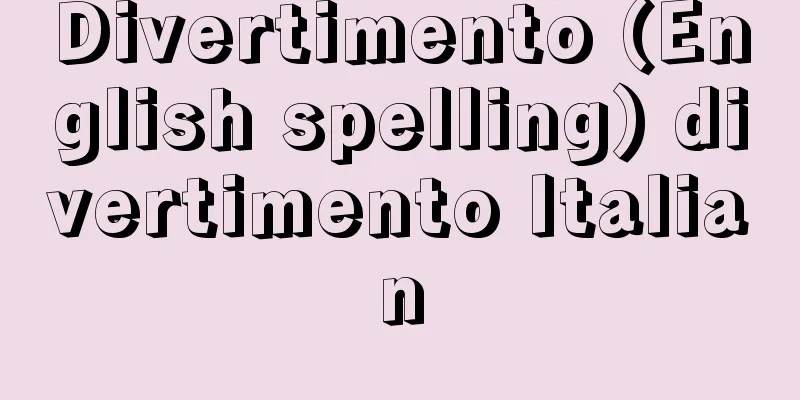
|
A word used in the titles of Western music. In the 18th century, it was often used as the title of instrumental music by composers in Austria and southern Germany, especially Vienna. Traditionally, the emphasis was on the light nature of the piece and its entertainment value, and in Japan it was translated as "joy song." However, as the full picture of music production during this period gradually comes to light, it has become clear that this is not necessarily the case. It has also been pointed out in recent years that this concept does not mean anything definite in terms of form, instrumental arrangement, or movement arrangement. In other words, taking instrumental arrangement as an example, divertimento could exist in almost any arrangement at the time, such as an ensemble of string instruments only, an ensemble of wind instruments only, an ensemble of string instruments and wind instruments mixed together, various combinations of these, an ensemble with clavier (piano), or for clavier solo. On the other hand, it is clear that this name is a regional one, since the same piece is known as a sonata or quartet in Paris and northern Germany. Then, from around the 1780s, pieces in the same style as the divertimento began to be called clavier sonata, trio, quartet, etc. in Vienna, depending on the instrument arrangement. These new names became common in the representative, so to speak, heavy genres of the classical period, and the name divertimento remained only for lighter types of music for entertainment. [Shigeo Osaki] Source: Shogakukan Encyclopedia Nipponica About Encyclopedia Nipponica Information | Legend |
|
西洋音楽において楽曲のタイトルに使われることば。18世紀にオーストリアや南ドイツ、とりわけウィーンの作曲家たちによって器楽曲のタイトルに好んで使われた。従来は、軽い性格をもつとか、娯楽的な作品を意味するといった面が強調され、わが国でも「嬉遊(きゆう)曲」という訳語が適用されていたが、この時期の音楽生産の全貌(ぜんぼう)がしだいに明るみに出てくるにつれ、かならずしもそうではないことがわかってきた。またこの概念は、形式とか楽器編成とか楽章配列などの点でも、なんら一定のものを意味するわけでもないことが近年指摘されている。すなわち楽器編成を例にとっても、ディベルティメントは、弦楽器だけの合奏、管楽器だけの合奏、弦楽器と管楽器の混ざった合奏、そしてそれらの多様な組合せ、クラビア(ピアノ)の入った合奏、クラビア・ソロのためなど、およそ当時のほとんどあらゆる編成で存在しえた。一方、この名称が地方的なものであることは、同一楽曲がパリや北ドイツなどではソナタとかクァルテットなどの名で伝承されていることから明らかである。そして1780年代ごろから、これまで広くディベルティメントとよばれていたのと同じ様式の楽曲が、ウィーンにおいても、その楽器編成によって、クラビア・ソナタ、トリオ、クァルテットなどとよばれるようになった。そうした新しい名称が一般化したのは、古典派の代表的で、いわば重厚なジャンルにおいてであって、その後ディベルティメントという名称は、娯楽的な軽いタイプの音楽にのみ残っていった。 [大崎滋生] 出典 小学館 日本大百科全書(ニッポニカ)日本大百科全書(ニッポニカ)について 情報 | 凡例 |
Recommend
Construction of the roof - Jyoto
〘noun〙① When building a house, the act of assembli...
Telephone fax - facsimille
Among the facsimiles that use the telephone networ...
Albion (English name) ALBION CO., LTD.
Official company name: Albion Co., Ltd. English co...
Syrphidae
…It can also refer loosely to flies and horseflie...
Lower court - lower court
In terms of jurisdiction and judicial administrati...
Gaumannomyces graminis (English spelling)
...The phenomenon in which the whole plant wilts,...
Yamato Sanzan
A collective name for Mt. Unebi (199m), Mt. Ameno...
Evening clouds opening
After the Siege of Osaka, the shogunate magistrate...
Cecropia silkworm - Hyalophora cecropia
An insect of the Lepidoptera family, Saturniidae (...
Skepticism
A philosophical position that generally denies the...
Rendezvous - Randeboo
A function included in Mac OS X version 10.2 that ...
Gate ceremony - Kadorei
〘 noun 〙 The act of offering New Year's greeti...
Asahi Bemberg Silk Thread
…In 1929, Nippon Bemberg Silk Co., Ltd. was estab...
Battle of El Alamein
One of the major battles of World War II. In North...
Acer diabolicum (English spelling) Acerdiabolicum
… [Ken Ogata]. . … *Some of the terminology that ...


